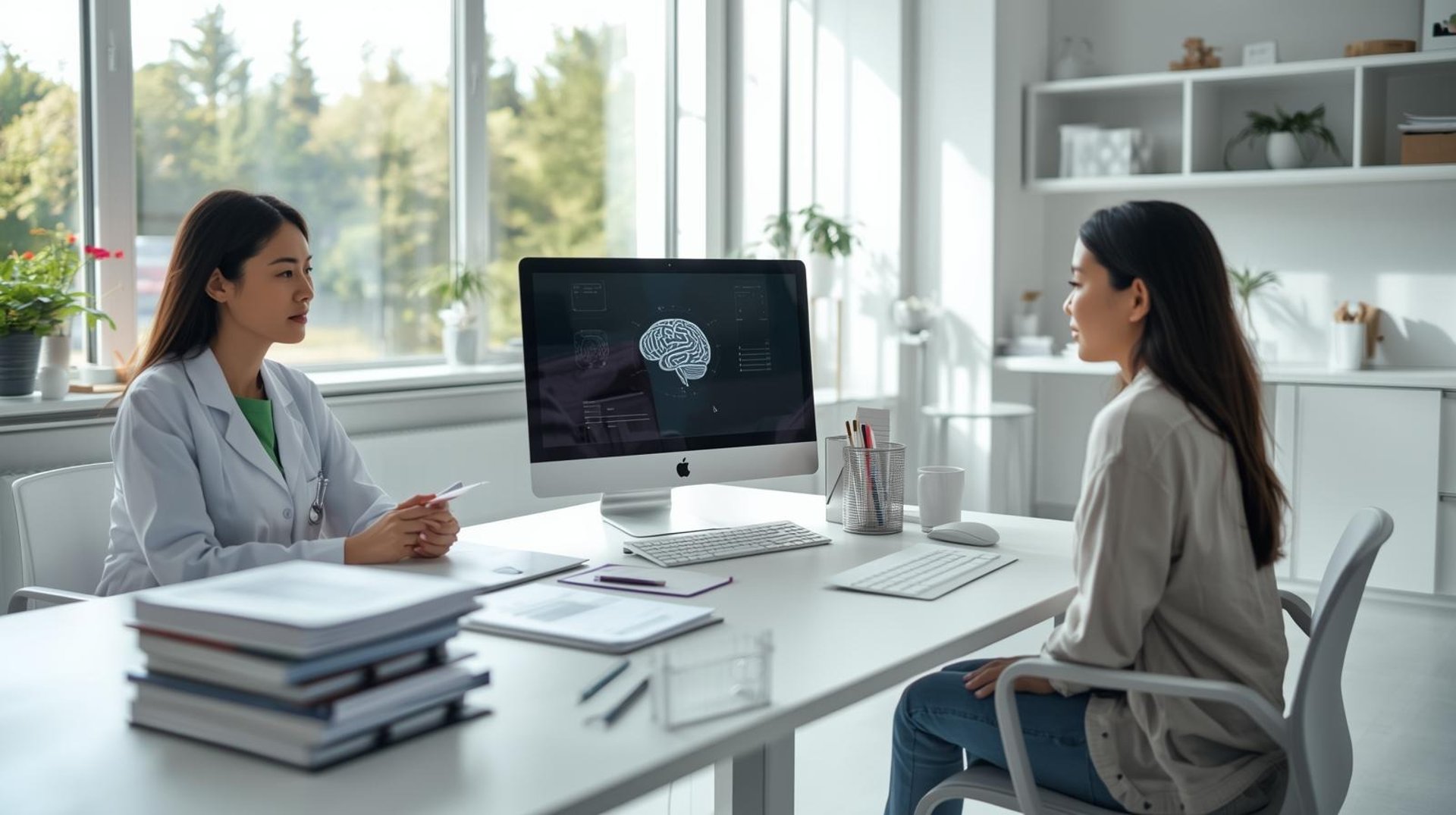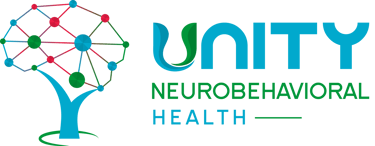

How Long Does a Neuropsychological Evaluation Take?
The time required to complete a neuropsychological evaluation varies depending on the individual’s needs, the complexity of the referral question, and the areas being assessed.
Interview and History Review: In addition to testing, an initial clinical interview (1–1.5 hours) is conducted to gather important background information about medical, developmental, academic, and psychological history. For pediatric cases, this includes interviews with parents or guardians, as well as a potential school observation.
Face-to-Face Testing: The direct testing time with the examinee typically ranges from 2 to 10 hours, spread across 1 to 2 sessions, depending on the purpose of the evaluation.
Feedback and Reporting: After testing is complete, the results are analyzed, interpreted, and integrated into a detailed written report. This is followed by a feedback session (1–1.5 hours) to review findings, discuss diagnoses, and outline tailored recommendations for treatment or accommodations.
Total Timeframe: The full evaluation process, including testing, interpretation, and report completion, typically spans 2 to 5 weeks from the initial appointment to the delivery of the final report.
Both pediatric and adult evaluations are tailored to the individual, ensuring the appropriate time is spent to thoroughly address all concerns and provide actionable recommendations for treatment, accommodations, or next steps.
At Unity Neurobehavioral Health, we understand that children may feel nervous or uncertain about an evaluation. The way you introduce the process to your child can help them feel confident and excited about participating. Here are some simple ways to talk to your child about their upcoming assessment in a way that makes them feel comfortable and supported.
Keep It Simple and Positive
Let your child know that the assessment is all about understanding how their brain works best.
You can say something like:
"This is a special way to figure out what makes learning easier for you and what might be making things a little tricky. The goal is to help you succeed and feel even more confident in school and at home!"
It’s a Different Kind of Doctor’s Visit
Reassure your child that this isn’t a medical check-up—there are no shots, no medicine, and no uncomfortable procedures. Instead, they will be doing fun activities, puzzles, and games that help us learn more about their unique way of thinking and learning.
💡 Example:
"You’ll be meeting with someone who helps kids understand their strengths and find ways to make learning easier. You’ll get to do puzzles, answer questions, and even play some games!"
Use Their Own Words
Describe the evaluation in a way that connects to your child’s own experiences. If they’ve been struggling with reading, focusing, or remembering things, acknowledge it and let them know that this is just a way to find better solutions.
💡 Example:
"I know math has felt frustrating lately, and sometimes it’s hard to stay focused. This will help us understand why, and we’ll learn ways to make school feel easier and more fun!"
Make It a Comfortable Conversation
Have the conversation in a relaxed setting—maybe over a snack, a walk, or during a favorite activity. Keeping the discussion light and casual helps reduce anxiety and makes it feel like a normal, everyday event.
Emphasize That There’s No Right or Wrong
Let your child know that the assessment isn’t a test they can "pass" or "fail"—it’s simply about understanding how they think and learn. The goal is not to judge them, but to support them in becoming their best self.
💡 Example:
"You’re not being graded, and there are no wrong answers. This is just about learning what makes your brain unique so we can help you feel more confident!"
Give Them a Sense of Control
Children feel more comfortable when they know what to expect and feel like they have a say in the process. Let them ask questions and reassure them that they can take breaks if they need to.
💡 Example:
"You’ll get to work at your own pace, and if you ever feel tired, we can take a break. It’s all about making sure you feel comfortable and have fun!"
Encourage Questions
If your child is curious, that’s a great thing! Answer their questions honestly but keep things positive and encouraging. Remind them that this is just a way to help them feel more successful and confident in school and everyday life.
💡 Example:
"If you have any questions about what we’re doing, just ask! I’m here to help, and so is Dr. Aguilar. We’re all working together to make sure you feel your best!"
How Can I Prepare for My Assessment?
At Unity Neurobehavioral Health, we want to ensure that your assessment is a smooth and stress-free experience. While no special preparation or studying is required, there are a few simple steps you can take to set yourself (or your child) up for success.
1. Get a Good Night’s Sleep
A well-rested brain functions at its best. Sleep deprivation can negatively impact memory, attention, and problem-solving skills, which are critical components of cognitive assessments.
💡 Recommendation:
Aim for 7-9 hours of sleep the night before for adults.
Children and adolescents should get 9-11 hours of sleep.
Follow a consistent bedtime routine to ensure quality rest before testing.
If you experience sleep difficulties, please inform Dr. Aguilar, as this may be relevant to your assessment results.
2. Eat a Balanced Meal Before Your Appointment
A well-nourished brain supports concentration, stamina, and problem-solving abilities during testing.
Avoid:
Heavy meals that may make you feel drowsy.
Excessive sugar or caffeine, which can cause energy crashes.
3. Wear Comfortable Clothing
Assessments can take several hours, so wearing comfortable clothing helps ensure you stay relaxed and focused. If you tend to feel cold, consider bringing a light sweater or jacket.
4. Bring Any Necessary Medical or Assistive Devices
For the most accurate assessment results, it’s important to bring and use any medical or assistive devices that you typically rely on for daily functioning, including:
Glasses or Contact Lenses (if needed for reading or distance vision).
Hearing Aids (to ensure clear communication).
Mobility Aids (e.g., canes, wheelchairs).
If you typically use these devices, you should wear them during testing to get an accurate representation of your cognitive abilities.
5. Medication Guidelines
If you take prescription medications, including any supplements (e.g., vitamins, nootropics, or pre-workouts), please discuss their use with Dr. Aguilar during your intake appointment.
Important Considerations:
ADHD Medication: In some cases, you may be asked to complete testing with and without medication to assess its effects on cognitive performance.
Psychiatric Medications: If you are taking medications for anxiety, depression, or other mental health conditions, inform our team so we can interpret results appropriately.
New Medications: If your medication routine changes before your assessment, please notify us in advance.
6. What to Bring to Your Appointment
Relevant Medical or Educational Records (if requested).
Referral Forms or Doctor’s Notes (if applicable).
Academic Records, including transcripts and IEP/504 Plans (for pediatric evaluations).
A Water Bottle or Light Snack (especially for longer sessions).
7. Reduce Stress and Distractions Before the Appointment
For the most accurate results, it’s best to arrive in a calm and focused state. Try to:
Avoid rushing to the appointment—arrive a few minutes early to settle in.
Avoid scheduling stressful activities immediately before or after testing.
Avoid discussing the assessment in a way that causes anxiety—keep explanations simple and positive.
For pediatric assessments, see our guide on "Talking to Your Child About the Assessment" (see below).
8. Plan for Breaks
Neuropsychological and psychological evaluations can take several hours (sometimes spread across multiple sessions). We incorporate scheduled breaks, including a lunch break, to help maintain focus.
💡 If you or your child have specific needs (e.g., frequent movement breaks, sensory accommodations), please let us know in advance.
9. Ask Questions Before Your Appointment
If you have any questions or concerns about the assessment process, we encourage you to reach out. Our goal is to ensure you feel prepared, comfortable, and confident during your evaluation.

Initial Intake Appointments
Notice Required: Cancellations must be made at least 48 hours in advance.
Late Cancellation/No-Show Fee: Appointments canceled with less than 48 hours’ notice or missed entirely will be charged a fee of $200.
Psychological / Neuropsychological Evaluation Appointments
Notice Required: Cancellations must be made at least 48 hours in advance.
Late Cancellation/No-Show Fee: Appointments canceled with less than 48 hours’ notice or missed entirely will be charged a fee of $400.
Psychotherapy, Cognitive Rehabilitation & Executive Functioning Training
Notice Required: Cancellations must be made at least 24 hours in advance.
Late Cancellation/No-Show Fee: Appointments canceled with less than 24 hours' notice or missed entirely will be charged a fee of $100.
*Insurance providers do not cover late cancellation or no-show fees. If you are using insurance to pay for services, you will be personally responsible for paying the cancellation fee before your next scheduled session.
How to Cancel:
To ensure cancellations are processed promptly, please follow the steps below:
Cancellation Methods
Phone: Call our office directly at (626) 321-2889.
Email: Send an email to info@unityneuro.com.
What to Include in Your Cancellation Request
Full name.
Appointment date and time.
Reason for cancellation (optional but appreciated).
Emergencies
If you need to cancel due to an emergency, please contact us as soon as possible. Exceptions may be made at our discretion.
Fees and Payment:
Late cancellation and no-show fees must be paid before scheduling your next appointment.
Why This Policy Is Important:
Your appointment time is reserved exclusively for you. Late cancellations and no-shows prevent us from offering the slot to another client in need and impact the efficiency of our practice. Thank you for understanding and respecting this policy, it allows us to provide the best possible care to all our clients at Unity Neurobehavioral Health.
Cancellation Policy
© 2025 Unity Neurobehavioral Health. All rights reserved.


Office Location
(By Appointment Only)
Physical Address: 118 West Lime Avenue, Suite 101, Monrovia, CA 91016
Telephone: (626) 321-2889
Fax: (626) 593-4199
Email: info@unityneuro.com
